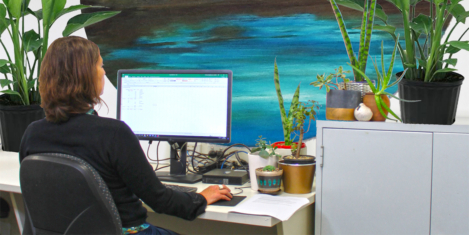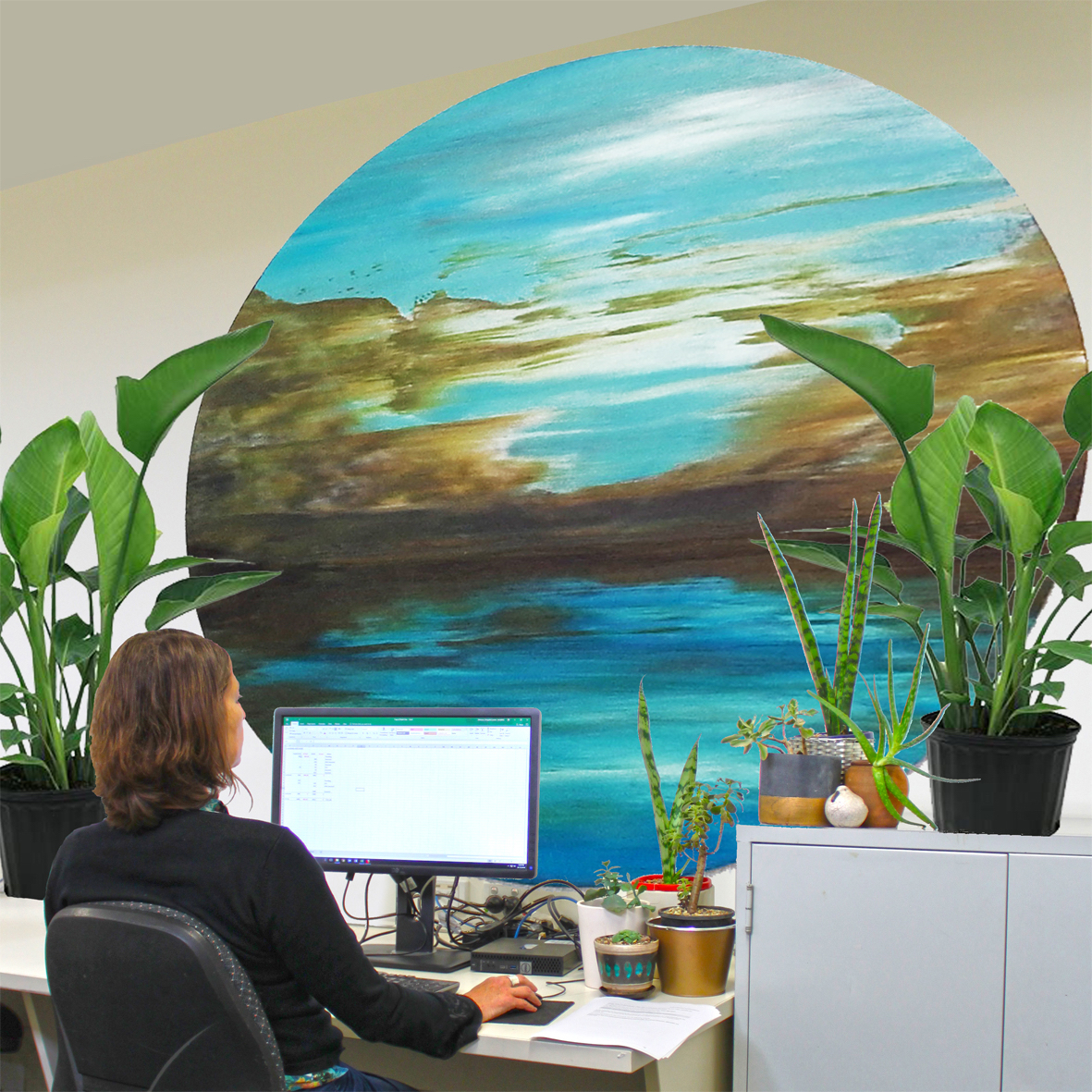To provide the best experiences, we use technologies like cookies to store and/or access device information. Consenting to these technologies will allow us to process data such as browsing behaviour or unique IDs on this site. Not consenting or withdrawing consent, may adversely affect certain features and functions.
The technical storage or access is strictly necessary for the legitimate purpose of enabling the use of a specific service explicitly requested by the subscriber or user, or for the sole purpose of carrying out the transmission of a communication over an electronic communications network.
The technical storage or access is necessary for the legitimate purpose of storing preferences that are not requested by the subscriber or user.
The technical storage or access that is used exclusively for statistical purposes.
The technical storage or access that is used exclusively for anonymous statistical purposes. Without a subpoena, voluntary compliance on the part of your Internet Service Provider, or additional records from a third party, information stored or retrieved for this purpose alone cannot usually be used to identify you.
The technical storage or access is required to create user profiles to send advertising, or to track the user on a website or across several websites for similar marketing purposes.
 Following the recent report that people would prefer to be replaced by a robot than a human, a new survey from Oracle suggests they also have more trust in robots than their managers. According to the second annual AI at Work study conducted by Oracle and researchers Future Workplace. The study of 8,370 employees, managers and HR leaders across 10 countries, found that AI has changed the relationship between people and technology at work and is reshaping the role HR teams and managers need to play in attracting, retaining and developing talent. (more…)
Following the recent report that people would prefer to be replaced by a robot than a human, a new survey from Oracle suggests they also have more trust in robots than their managers. According to the second annual AI at Work study conducted by Oracle and researchers Future Workplace. The study of 8,370 employees, managers and HR leaders across 10 countries, found that AI has changed the relationship between people and technology at work and is reshaping the role HR teams and managers need to play in attracting, retaining and developing talent. (more…)




































October 10, 2019
People work better with robots when they see them as teammates
by Sangseok You • Comment, Technology